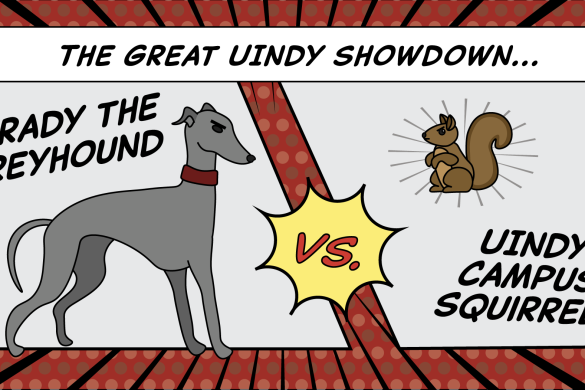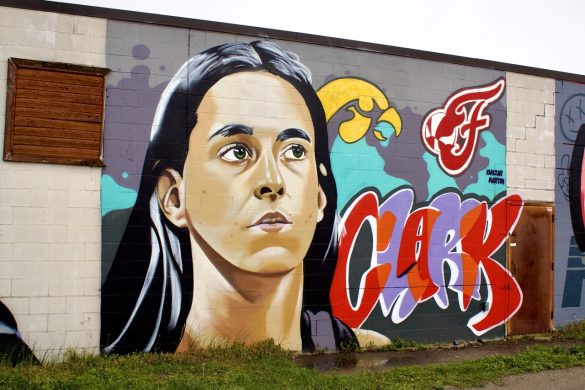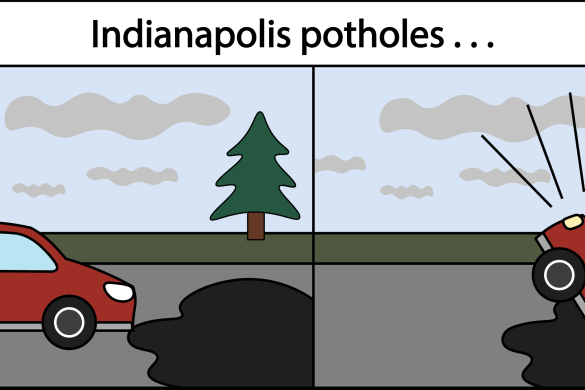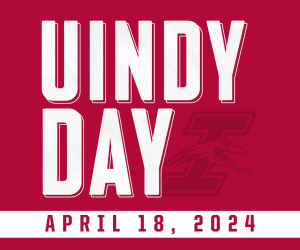If you watched the Grammys or got on Twitter (or Tumblr, Facebook, etc.), you saw that Macklemore and his partner Ryan Lewis nearly made a clean sweep of the Rap categories on Sunday, Jan. 26. “Thrift Shop” won Best Rap Performance and Best Rap Song, while “The Heist” took Best Rap Album. The duo only lost to the powerhouse of Justin Timberlake and Jay-Z, as “Holy Grail” won Best Rap/Sung Collaboration.
While many praised Macklemore for being “socially conscious,” others in the hip-hop community were outraged. Whether you like Macklemore or not is irrelevant. The issue is that music is being whitewashed again. It’s taken an especially long time to put a white face on hip-hop, but Macklemore may have done it.
Hip-hop started in black communities, with roots in black beat poetry, jazz and the like. It evolved from the original block parties and feel-good raps to the most feared men in America—NWA—hailing from Compton, Calif. And as hip-hop became more popular, the music industry and America tried to put up a prominent white face to promote it.
Vanilla Ice is one of the most memorable attempts, but he ultimately became a “one hit wonder.” The Beastie Boys, although embraced in the hip-hop community, have never been considered a face for hip-hop. Then you have Eminem, who has been far from loved, as he’s refused to tone down his controversial lyrics. He’s won 13 Grammys, but the music industry doesn’t want him on a poster, because although his skill is almost unrivaled, Marshall Mathers is not the person mothers want their children to emulate.
So has Macklemore done it? Has a clean-cut and well-spoken young man used his talents to bring important issues into the light and tear down the behaviors that give hip-hop culture a bad name? Hardly. But before you dismiss this, let’s examine everyone’s favorite song in 2013, “Thrift Shop.”
On the surface, the song is an innocent ode to a 20-something saving money by going to the thrift shop to get his clothing. But in the song, Macklemore talks of going to the thrift store and buying zebra onesies and ridiculous fur coats. And that’s why most in suburban America go to the thrift shop—to get clothes for costumes, projects, etc.
So let’s examine the other side. “Goodie Bag,” a song released in 1995 by hip-hop group Goodie Mob, has a very important line in its second verse.
“Today was good to me // I went to the Goodwill with the ten dollar bill // Got that London Fog out the back paid the man.”
The rapper, Big Gipp, is saying he is happy because he was able to go to Goodwill with ten dollars and purchase a used jacket off of layaway. Now I’m not saying that only black, hip-hop affiliated people are facing poverty issues, but it has long been known that hip-hop has been the voice for urban and struggling America. And this single line puts “Thrift Shop” in a very ugly light.
Macklemore, whether knowingly or not, is shoveling dirt on those who shop at thrift stores because that is all that their budget will allow. He also takes shots at people who have come from situations in which money is tight, but who have finally made enough to be able to spend money on luxury.
“They be like, ‘Oh that Gucci, that’s hella tight’ // I’m like, ‘Yo that’s 50 dollars for a t-shirt’ // Limited-edition, let’s do some simple addition // 50 dollars for a t-shirt, that’s just some ignorant b—- sh– // I call that getting-swindled-and-pimped sh–.”
That singular, widely embraced line, as opposed to the Goodie Mob line, shows the ignorance in the concept of “Thrift Shop.” A white, well-off, suburban male, who can afford, easily I might add, a $50 t-shirt, is calling out rappers, many of whom come from impoverished urban conditions. A white male shaming black males who have been and are still being oppressed. But ignorance is the key word. Because there’s a good chance Macklemore doesn’t even understand the message he has sent.
We like to ignore the fact that before everyone’s favorite do-good rapper was being “socially conscious,” he was tweeting, using derogatory language towards gays, “watching dykes vs. drag queens play baseball on the hill…this sucks.”
That is an exact tweet from 2009 on Macklemore’s Twitter site, and there are other such tweets. So what caused the change of heart? I’d argue that there wasn’t one. I’d argue that a smart young man saw an issue rising to the top of the political and social agendas and decided to do what many in hip-hop have been afraid to do: make a song about it. It, being homosexuality, which hip-hop culture has been known for shunning in the past.
I’m not discrediting the message of the song “Same Love.” I only question the artist’s motive. Macklemore is smart. You have to be to be successful in any field, including rap music. He saw the opportunity, and given his rising popularity, he executed. Is all of his music careful execution? No, I wouldn’t go that far. But I believe his positioning is a very careful execution. He has set himself apart from rappers—rappers Americans still fear because they still see them as the group of angry young men from Compton, Calif., who rapped about killing cops.
He has set himself apart from the rappers who write lyrics without remorse. There are rappers, then there’s Macklemore, and if America had it’s way, there would just be Macklemore.






